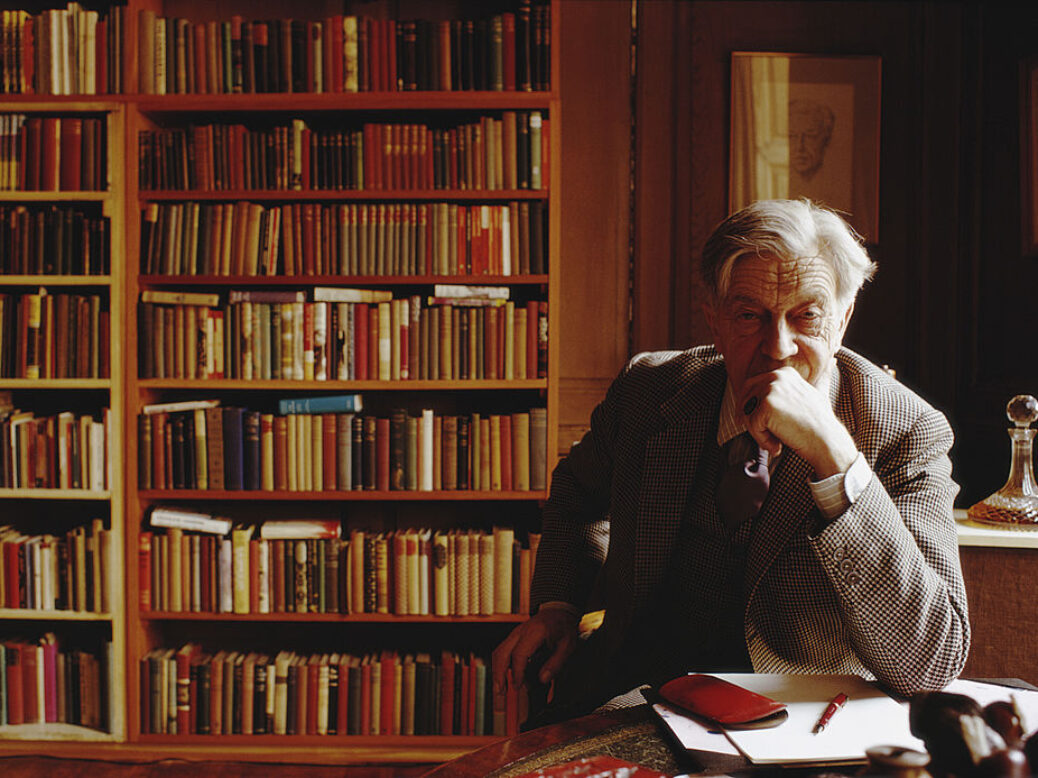
Over the course of Elizabeth II’s seven decades on the throne, there have been seven poet laureates. There is something pompous, obsequious and, to use Mary Beard’s term, “naff” about poems written in honour of the monarchy – and yet, of course, some of Britain’s greatest poets have held the post. Thankfully, there is nothing fusty about this radio show presented by William Sieghart, who freely admits that a royal commission does not a good poem make.
Take John Masefield. He got “a bit carried away”, Philip Errington of the John Masefield Society admits with a grimace of Masefield’s odes on Elizabeth II’s travels. His 1957 poem “On Our Lady’s Western Journey”, which reflects on “those distant states/To which you go as sovereign, or as guest/In both our speech and law are manifest”, is read out over a comic brass band. Ouch. Cecil Day-Lewis, a former socialist, “modernised” the role in 1968. His poem for the 1969 investiture of the Prince of Wales was not straightforwardly reverential, describing the “proud and fiery” Welsh public who had come to “take the measure of their prince”.



